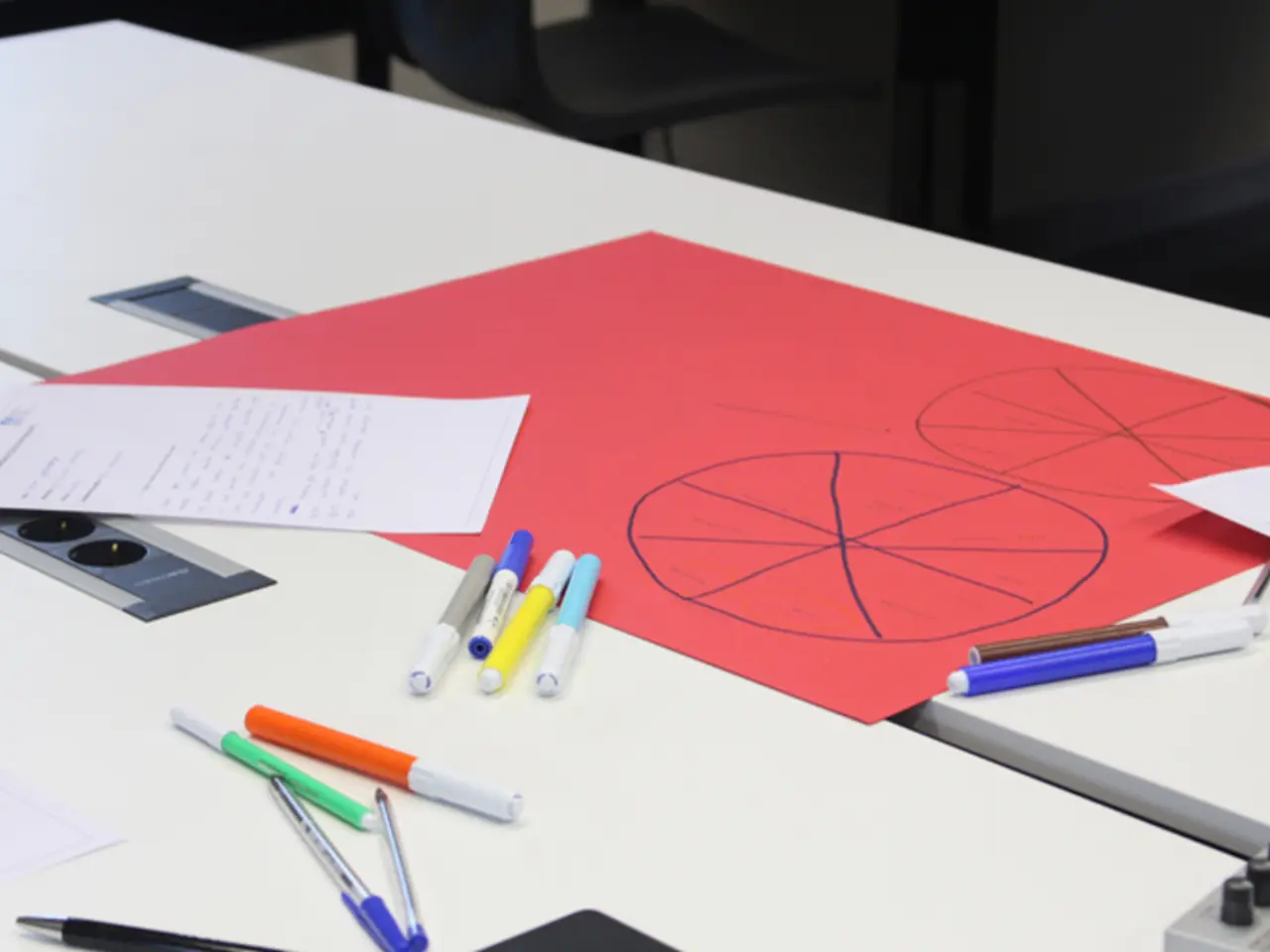Recognizing Neurodivergence: 11 Anger Outbursts Suggesting It
Neurodivergence, a term that refers to individuals whose brain differences impact their daily functioning, attitude, or thoughts, is gaining more recognition and acceptance. This diversity encompasses a range of conditions, including Autism Spectrum Disorder (ASD), Attention Deficit Hyperactivity Disorder (ADHD), Dyslexia, Dyscalculia, Tourette Syndrome, and Dyspraxia, among others.
Neurodivergent individuals differ from neurotypical people in various ways. They may exhibit unique strengths such as innovative thinking, a superior ability to recognize patterns, and focused attention, allowing them to remain concentrated on a topic or activity of interest for extended periods. However, they also face challenges, such as social communication problems, including difficulty making eye contact, speaking with others, or understanding body language. Some may experience speech and language problems, such as stuttering or repeating certain words or phrases.
One of the most common neurodivergent conditions is ADHD, characterised by inattention, hyperactivity, and impulsivity. Another is Autism, which involves differences in social communication skills, fine and gross motor skills, speech, and more. Tourette Syndrome, a tic disorder, is another condition that falls under the neurodivergent umbrella, involving the inability to control certain involuntary and repetitive movements or vocalizations.
Neurodivergent people may also struggle with learning difficulties, such as difficulties with concentration, reading, or calculation. They may exhibit unusual physical behaviours, such as rocking, expressing tics, saying things abruptly, or shouting at unexpected moments. Sensory sensitivity is also common, with individuals being unusually sensitive to light, sound, heat, cold, or crowds.
Inflexibility and a deep interest in specific topics are also common traits among neurodivergent individuals. They may find it challenging to adapt to changes or new situations, but when they are passionate about a topic, their focus and dedication can be unparalleled.
Receiving a diagnosis can make a significant difference for neurodivergent people, providing them with understanding, support, and strategies to manage their unique challenges. Accepting one's authenticity is crucial when dealing with neurodivergence. Embracing one's differences and focusing on what makes one feel good instead of the challenges that neurodivergence can bring, can lead to a more fulfilling life.
Neurodivergent individuals have a wealth of skills in various areas, including music, science, art, and more. Their unique perspectives and innovative solutions to challenges can bring fresh ideas and new ways of thinking to any field they choose to pursue.
In most cases, neurodivergence exists from birth, and not receiving a diagnosis can affect the person's emotional well-being. It is essential to promote awareness, understanding, and acceptance of neurodivergence to create a more inclusive society where everyone can thrive.
Read also:
- Americans Lose Insurance Under New Tax Legislation, Affecting 10 Million Citizens
- Rising Number of Uninsured Individuals Could Put Strain on Local Healthcare Systems
- "Davina McCall frankly discusses her post-childbirth feelings toward returning to work"
- Older cancer patients face an elevated treatment challenge due to age-related health issues







